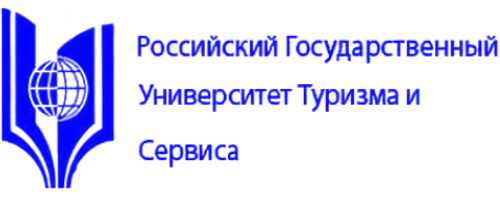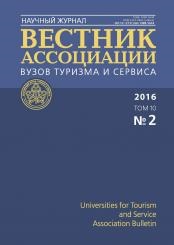The article raises a range of issues concerning innovations and their contribution to the development of modern society and presents the author’s stance in the debate on the importance of freedom of creation for the development of culture and innovations, as well as the role of innovation policy in the development of various aspects of creative activity in Russia. Innovations are defined as new developments or pioneering work that are applicable, valuable for the consumer, obviously productive and utilitarian, and commercially feasible. The author emphasizes that the major essence of innovations lies in their exclusiveness, orientation on and commitment to future market development, as, in the author’s view, it is the only approach to defining innovation that spares national economies the also-ran status by enhancing their competitiveness in the global goods and services market. The author gives special focus to the role of higher education in the process of knowledge production and innovations, stressing the need for a reappraisal of values and a shift of emphasis – from the degree run-of-the-mill towards knowledge production and innovations. The article dwells on the current philosophical perspective on innovations as an individual’s isolated actions, processes and an activity outcome, rather than an individual’s immanent need and the ends and means of life. The author pays special attention to innovations in the humanities, whose in-demand rating in the spheres of public production and consumption is frequently higher than that of innovations in technology and engineering. In this regard, the author emphases the role of culture, which, along with science, serves as a foundation for innovative and creative components of the economy of knowledge (or, the new economy)
culture, innovations, creativity, economy of knowledge
Введение
В последние годы (как, впрочем, и не только в последние) много говорится об инновациях — о том, что у России не может быть иного пути экономического развития в условиях постиндустриального уклада, кроме инновационного.
Наверное, с этим можно согласиться. В конце концов, мы все хотим, чтобы Россия была передовой экономической державой. И если на вопрос «что?» ответ понятен (инновационный рост), то с вопросом «как?» всё обстоит далеко не так просто. Попробуем разобраться.
Могут ли инновации быть национальной идеей?
Инновационный процесс не может быть дискретным. В инновационной гонке нельзя победить за счет отдельного предприятия, даже такого мощного как, например, «РОСНАНО» и даже с таким энергичным и опытным руководителем, как Анатолий Чубайс. СССР вчистую проиграл инновационную гонку Западу, и именно опыт Советского Союза показал, что запустить человека в космос значительно проще, чем научиться серийно изготавливать современный качественный автомобиль или компьютер. Почему? Да, потому что, бросив массу человеческих, финансовых и всех прочих ресурсов на одно (пусть и самое важное направление), ты действительно можешь на этом направлении оказаться лучшим. Но игнорирование развития иных, пусть менее перспективных, но, тем не менее, важных тем или трендов приведет к тому, что тебя, так или иначе, обойдут конкуренты. В соревнованиях есть правило: если ты всегда второй, то в конечном итоге ты последний: в чем-то нужно обязательно быть первым. Чтобы быть первым на долгосрочной перспективе, победы должны быть регулярными. В связи с этим включается иное правило: инновации должны быть тотальными, их создание и продвижение должны быть модными.
1. Novichkov, N.V. Gorodskoe iskusstvo i prednaznachenie goroda [Urban arts and the the mission of a city]. Sovremennye problem servisa i turizma [Tourism: current issues]. Moscow, 2013, № 4.
2. Novichkov, N.V. WEvropeiskii gorod Perm’ (Permskii kul’turnyi proekt) [Perm as a European city (Perm’s cultural project)]. Sovremennaia Evropa [Europe Today].. 2012. № 3.
3. Novichkov, N.V. O nekotorykh aspektakh razvitiia turizma kak chaste kreativnoi ekonomiki i ekonomiki vpechtlenii [On individual aspects of tourism development as part of a creative and an experience economy]. Servis v Rossii i za Rubezhom [Service in Russia and Abroad], 2013, N 8 (46).
4. Throsby, D. Ekonomika i kul’tura [Economics and Culture]. Moscow: HSE Publ., 2013. p. 256.
5. Forsait-flot 2013. Itogi [Foresight-fleet 2013. Recapitulation]. Retrieved on November 18, 2013 from http://foresighttrip.asi.ru/news/107.html.
6. Shnaider, A.G. Razvitie turizma v Rossii [Tourism development in Russia]. Moscow: Nauka Publ., 2013. - p.221.
7. Iasina, I. Tiur’ma i demokratiia: ne vse opuskaiut ruki [Prison and democracy: no all lose heart]. Retrieved on February, 2014 from http://www.vedomosti.ru/newspaper/article/267375/ne_vse_opuskayut_ruki.





